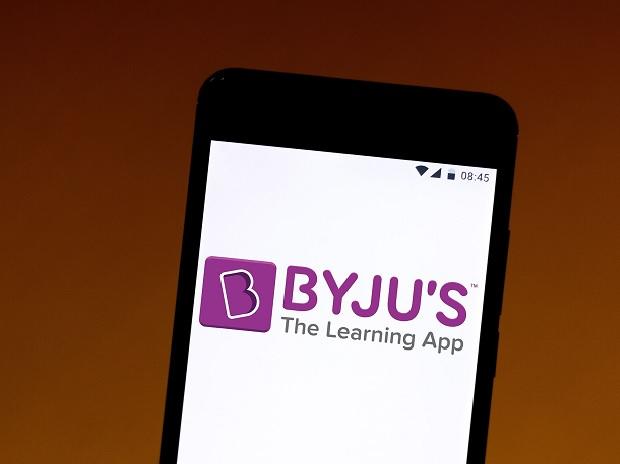[ad_1]
Byju’s said on Monday it has a new process to verify customer consent for the purchase of courses, responding after the edtech giant was criticised for its aggressive sales tactics.
The firm, which has more than 150 million registered users, said the four-tier tech-driven internal process is more rigorous, remote and ensures all sales are triple-checked. The firm’s earlier sales process was accused of making misleading pitches to the parents and compelling them to buy courses.
The new sales process begins with educating an incoming lead about Byju’s Products and new refund policy over a live Zoom session that is recorded for future audit. In the first step, customers have to give their consent after reading the terms and conditions on a mobile app. An order verification team then revalidates the consent. A customer has to give consent again on the app for the sale to be closed.
“Byju’s is fully committed to a transparent sales mechanism, and our tech-driven, 4-tier approach enhances communication and precludes potential/rare mis-selling, ” said Mrinal Mohit, chief executive officer, Byju’s India. “Students are at the centre of everything we do, and their interest is paramount to us.”
“We are constantly striving to improve our customer experience,” said Mohit. “We believe that this new approach will make the initial stages of the sales process more efficient, clear and empathetic, and will help us establish a strong foundation for a long-term relationship.”
For students who need financial support, Byju’s said it facilitates in connecting parents/guardians of such students to third-party banks/ financial institutions.
Byju’s attended a meeting at the National Commission for Protection of Child Rights (NCPCR) in December 2022 in response to summons the firm had got.
Byju’s urged NCPCR to consider the fact that the summons was issued on the basis of a single media report, which the firm said made sweeping generalisations based on inputs from unnamed sources that comprise a tiny fraction of its user base. Byju’s said then it cannot verify the authenticity of the article because the media house refused to share either the data points it referred to, or the sampling methods it used to select those data points.
[ad_2]
Source link



